How to Make Perfume?
Tired of mass-produced perfumes? Making your own perfume is a challenging journey into the world of scent that allows you to capture the essence of your uniqueness in a bottle. How to make perfume? This blog will reveal how the professionals make perfume.
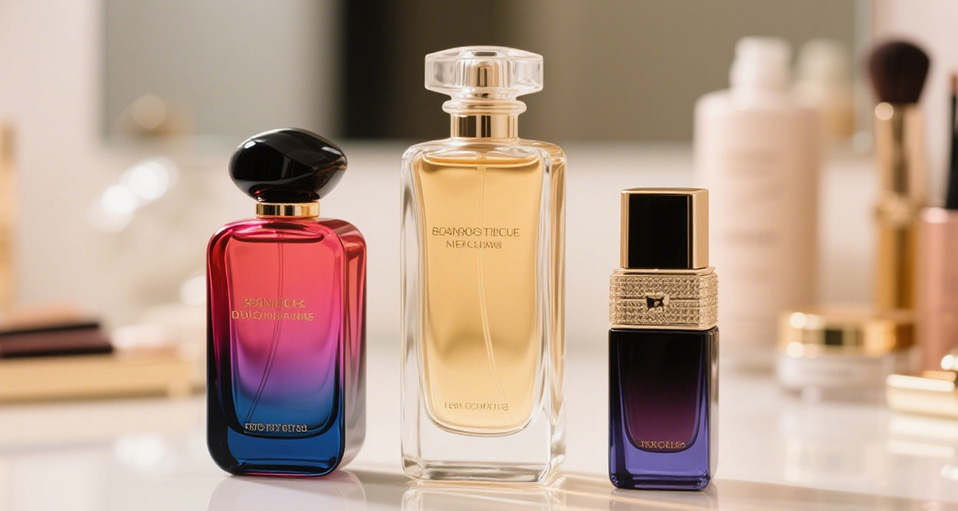
1. Gather Tools and Ingredients
Before you start, assemble these essentials for both oil-based and alcohol-based perfumes:
Ingredients
• Fragrance Components:
◦ Top notes (evaporate first, 5-15 minutes): citrus (bergamot, lemon), vanilla (peppermint, rosemary) or light floral (jasmine).
◦ Heart Notes (develop after 30 minutes, core of the scent): Roses, jasmine, lavender, or spices (cinnamon, clove).
◦ Base Notes (longest-lasting, 6+ hours): Woods (sandalwood, cedar), resins (amber, frankincense), or musks (vanilla, patchouli).You can use natural essential oils, synthetic fragrance oils, or a mix—just ensure they're skin-safe.
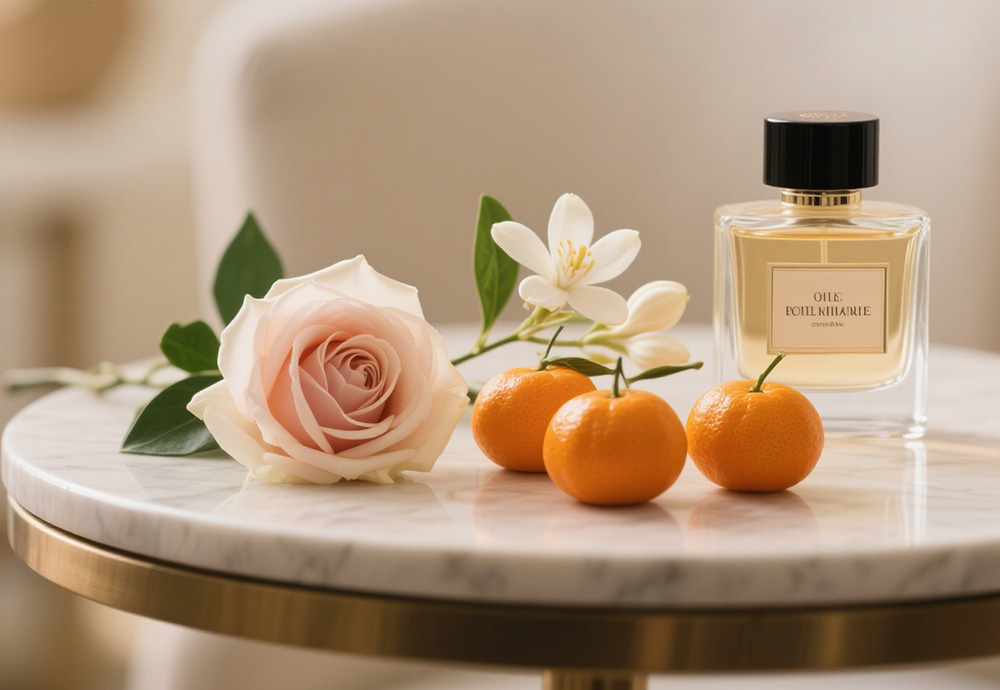
• Base Carriers:
◦ For alcohol-based perfume: 80-100 proof ethanol (perfume-grade alcohol or vodka).
◦ For oil-based perfume: Jojoba, sweet almond, or grapeseed oil (gentle on skin).
◦ Optional: Distilled water (for lightening alcohol-based blends).
Tools
• Small glass bottles/jars (for mixing and aging).
• Droppers/pipettes (for precise measurement).
• Funnel (for transferring liquid).
• Stirring rod or toothpick (non-reactive material).
• Dark, airtight storage bottles (rollerballs, spray bottles, or dropper bottles).
2.Plan Fragrance Concentration
Decide on your perfume's intensity:
• Eau de Toilette (EDT): 5-15% fragrance oils + 85-95% alcohol/water (light, daily wear).
• Eau de Parfum (EDP): 15-20% fragrance oils + 80-85% alcohol (richer, longer-lasting).
• Parfum: 20-30% fragrance oils + 70-80% alcohol (most concentrated, premium formula).Start with EDT or EDP for beginners—easier to balance scents without overpowering.
3.Blend Fragrance Layers
Follow this ratio for a balanced blend (total fragrance oils = 100% of your "scent base"):
• Top Notes: 20-30% (bright, uplifting opening).
• Heart Notes: 50-60% (emotional core of the scent).
• Base Notes: 10-20% (fixative that anchors the fragrance).
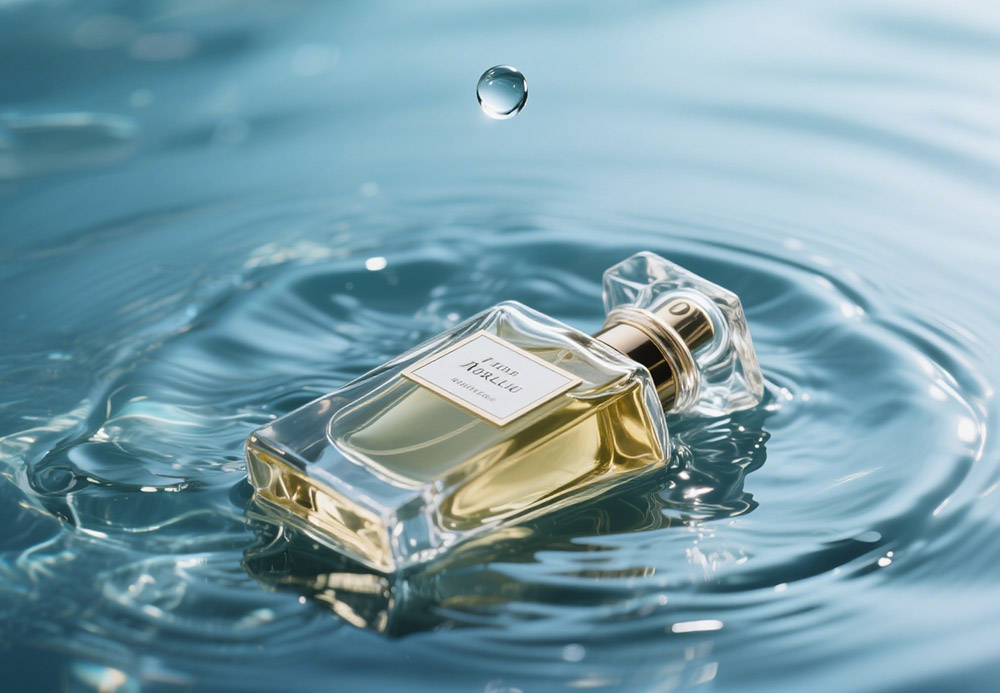
Step 1: Mix Base Notes First
Add 1-3 drops of base note oils to your glass jar. These create the foundation—start light, as they're intense. Example: 2 drops vanilla + 1 drop sandalwood.
Step 2: Build the Heart Notes
Layer 3-5 drops of heart notes over the base. These define the perfume's personality: 3 drops rose + 2 drops ylang-ylang for floral; 4 drops cinnamon + 1 drop clove for spicy.
Step 3: Add Top Notes Last
Finish with 4-6 drops of top notes—they evaporate quickly, so don't overdo it. Try 3 drops lemon + 2 drops bergamot for citrusy freshness.
Step 4: Stir and Rest
Gently mix with a stirring rod, then let the blend sit for 10-15 minutes. This "cold maceration" helps scents start to blend.
4.Dilute with Your Base Carrier
For Alcohol-Based Perfume
In a separate container, combine your fragrance blend with alcohol:
◦ Example: 10 drops total fragrance + 90 drops alcohol = 10% concentration (EDT).
Add 10-20% distilled water (optional) for a softer, skin-friendly formula.
Stir thoroughly and transfer to an airtight jar for aging.
For Oil-Based Perfume
Mix fragrance oils directly with carrier oil (e.g., 10 drops scent + 90 drops jojoba oil for 10% concentration). No aging needed, but scent improves over time.
5.Age Your Perfume for Depth
Store your blend in a cool, dark place (like a cabinet) for 2-6 weeks. Shake gently every few days to help molecules bond. Aging softens sharp edges and creates a smoother, more complex scent—trust us, patience pays off!
6.Bottle Your Creation
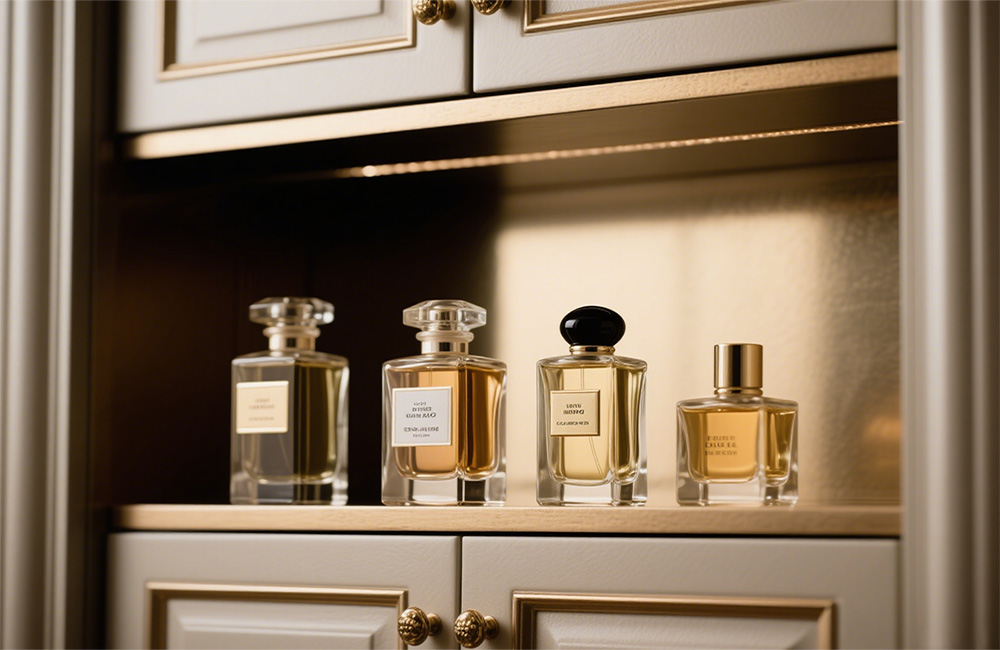
Use a funnel to transfer the aged perfume into your chosen containers. Label with the date and scent name (e.g., "Citrus Moonlight EDP"). For a professional touch, add a decorative cap or ribbon—perfect for gifts!
Difference between homemade and industrially produced
Homemade perfumes rely on manual mixing and bottling, while large manufacturers use specialized equipment such as perfume filling machines to ensure precision and efficiency. These machines:
• Fill Bottles Accurately: Dispense exact volumes into glass vials, spray bottles, or luxury packaging, minimizing waste.
• Maintain Hygiene: Operate in sterile environments to prevent contamination, crucial for preserving fragrance quality.
• Handle Complex Packaging: Adapt to unique bottle shapes (curved, angled) and closures (atomizers, rollerballs), meeting global production demands.Brands like Chanel or Dior rely on such machines to craft millions of consistent, high-quality perfume bottles each year.
The question that concerns many people: It perfumes harmful?
A common worry among fragrance lovers: Can wearing perfume be bad for my health? The answer depends on two key factors: quality and usage.
Why High-Quality Perfumes Are Safe
• Regulated Ingredients: Reputable brands follow strict guidelines from organizations like the International Fragrance Association (IFRA), which bans over 3,000 potentially harmful substances (e.g., certain phthalates, formaldehydes).
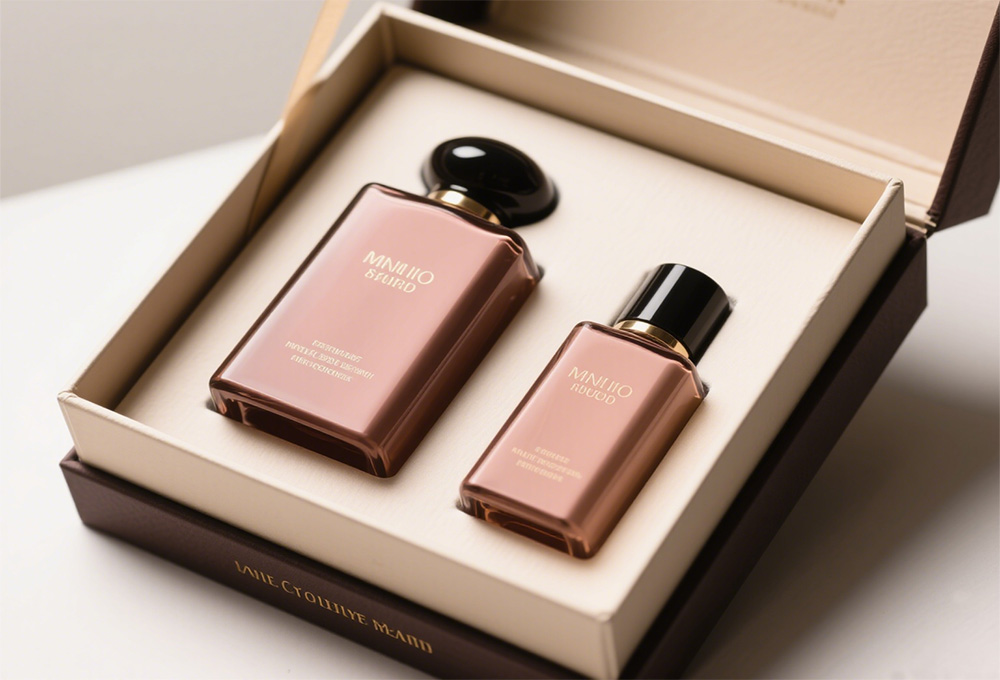
•Dilution for Safety: Commercial perfumes are diluted to safe concentrations—even the strongest parfums contain <30% fragrance oils, reducing skin irritation risk.
• Allergen Transparency: Many brands list potential allergens on packaging, allowing consumers with sensitivities to avoid triggers.
When to Be Cautious
• Counterfeit or Low-Quality Products: These often use untested chemicals (e.g., cheap synthetic musks) that can cause rashes, headaches, or respiratory irritation. Always buy from trusted sources.
• Overapplication: Applying perfume directly to broken skin or spraying heavily in enclosed spaces may overwhelm sensitive individuals. A little goes a long way!
Safety Tips
1. Do a patch test on your inner wrist 24 hours before full use.
2. Avoid spraying near eyes, mouth, or open wounds.
3. Store perfumes in cool, dark places to prevent ingredient degradation.
Homemade perfume is a fun and affordable hobby that allows you to explore creativity and make a scent that is all your own, let signature scent tell your story. And you how to make your own perfume?
